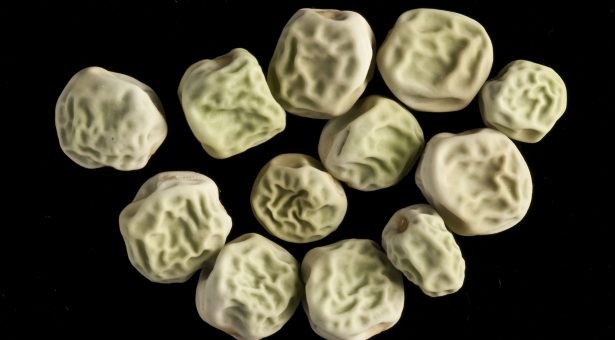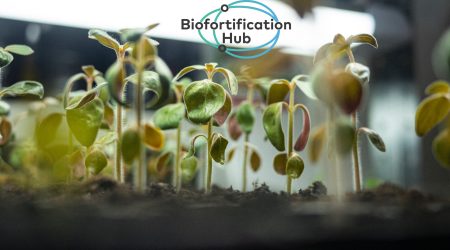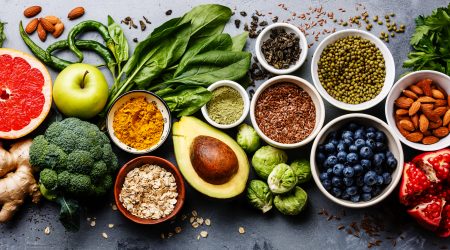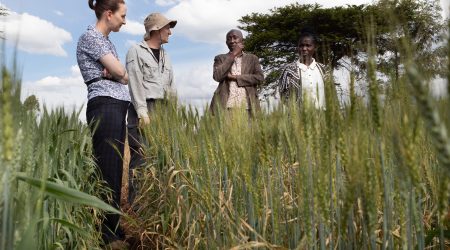3,000 pea seeds safeguarded in the Svalbard seed vault

Our Germplasm Resources Unit has contributed seed duplicates of our entire 2,922 pea collection to the shelves of the Svalbard Seed Vault for safe, long-term storage.
Noam Chayut, GRU Manager at The John Innes Centre explains;
“The germplasm we conserve need to be safeguarded for our future food security. The germplasm that we maintain in the UK is widely and globally used and fragments of our collections can be found in many other places throughout the world.
But to have the entire pisum collection duplicated in a different political entity, is of great importance if anything catastrophic should happen here. Just think about it; one year ago, we couldn’t imagine this pandemic, but today we live in a changed world, it is our responsibility to prepare for the worst.”
This was the first John Innes Centre GRU deposit to the Svalbard Global Seed Vault, becoming depositor number 88, with plans to send more seeds in the future.
Next up, the team are planning to send seed duplicates of the A.E. Watkin collection, a wheat collection which is a pillar for the UK national pre-breeding consortium project ‘Designing Future Wheat’. Both the original landrace diversity in the collection and the derived material which is now being extensively genotyped and phenotyped will be deposited in the Seed Vault.
“We are very pleased that the Germplasm Resources Unit at John Innes Centre has decided to safeguard their pea collection in the Seed Vault. And we look forward to receiving more seed duplicates in the future. The GRU has one of the world’s most comprehensive collections of wheat, barley, oat and peas” said Åsmund Asdal, Seed Vault Coordinator at Nordic Genetic Resource Centre (NordGen).
“We hold collections of strategic crops, crop wild relatives, induced and derived diversity. A lot of our material comes from historical expeditions and some germplasms comes from exchange with other genebanks. For example, some of the peas we’re depositing now is originally from NordGen” Noam Chayut adds.
Along with the pea collection from the John Innes Centre, NordGen is also bringing in the first seed samples in the so called new 100 year Seed Experiment in the Seed Vault.
The first portions of experiment material consisting of seed samples of four crops have been produced by the German genebank IPK. The experiment will investigate the viability of seeds stored under optimal conditions. In total 13 crops are part of the experiment which is involving six different genebanks and will end in 2120.
The Svalbard Global Seed Vault is owned and established by Norway. It is operated in a unique partnership with the Norwegian Ministry of Agriculture and Food, NordGen and the international organisation Crop Trust.
This article originally appeared on the NordGen website and is re-produced here with permission.



